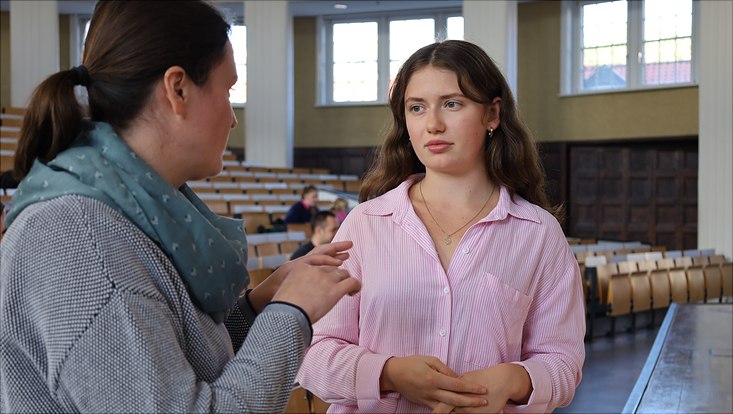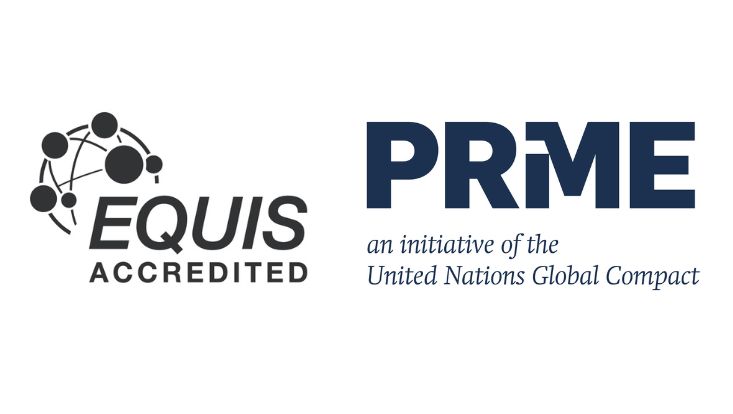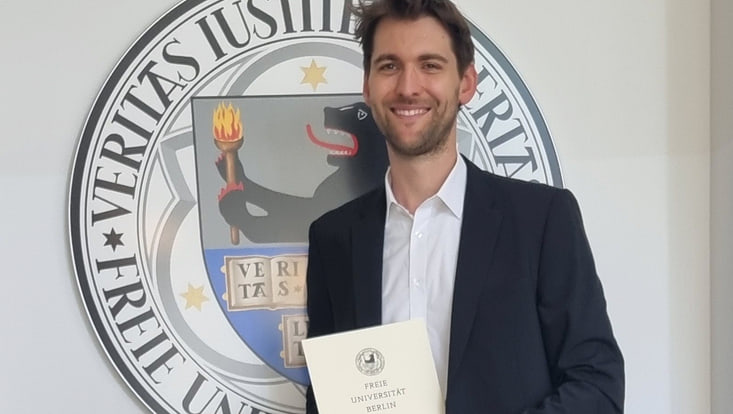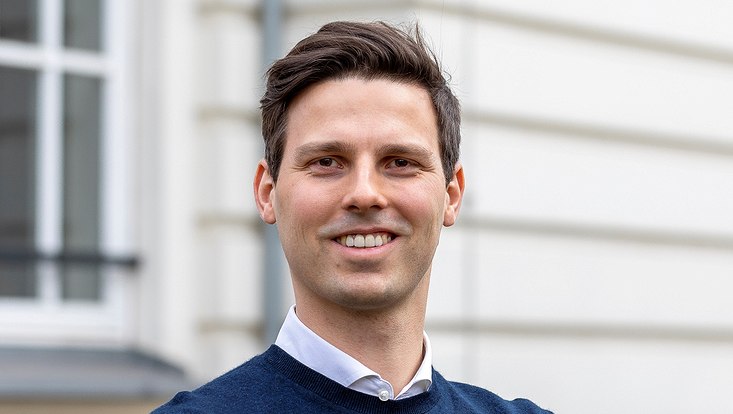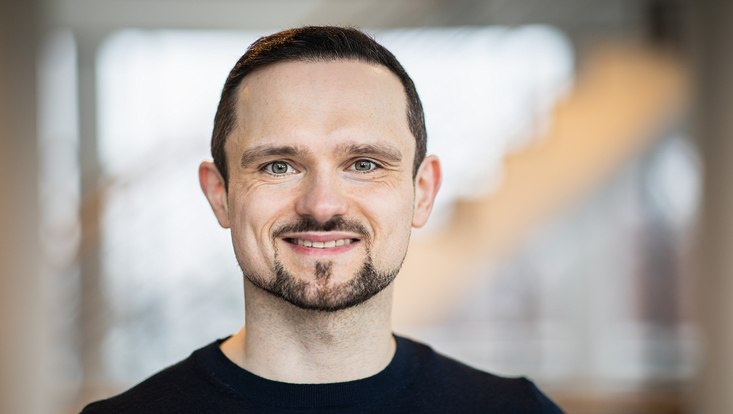M.Sc. in Business Administration
Study at a level of excellence in the heart of Hamburg

Photo: UHH/von Wieding
The Master of Science in Business Administration at our Business School is one of the most highly regarded business administration degree programs in Germany. It provides a broad range of knowledge offering students a firm foundation for their professional life in managing companies, new startups, and institutions.
Content
Teaching Guidelines
Photo: UHH/Grafik
Our Teaching Guidelines are built on the mission, vision, and values of the Business School. They focus on linking research and teaching, quantitative and experience-based decision-making, and training the managers of tomorrow.
We live out our values in all areas: excellence, impact, responsibility, openness, and connectedness. Students and teachers meet on an equal footing, and we put everything into letting the talents of tomorrow develop to their full potential.
Teaching GuidelinesPodcast: BWL on Air (in german)
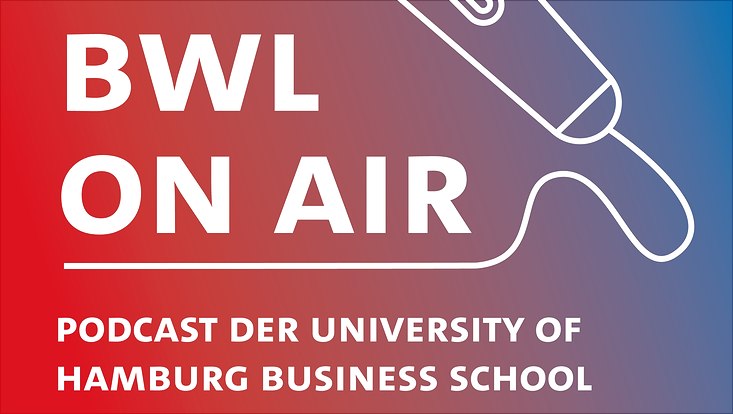
Photo: UHH/Grafik
Hear tips and testimonials from professors, students, and staff at the Business School in German. In conversation, you will learn more about the differences between school and university learning, what it takes to study successfully, and what international opportunities your studies offer you.
PodcastImportant contacts
These are the institutions that can help you during your studies, whether providing advice for your application, about your studies, or when planning to study abroad. Check the individual office hours to speak directly with professors/lecturers.

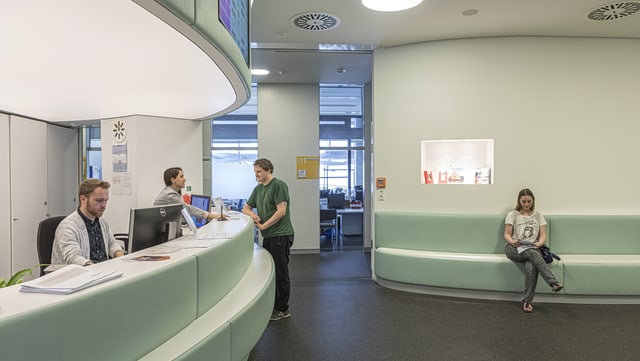
Photo: UHH/Mentz



